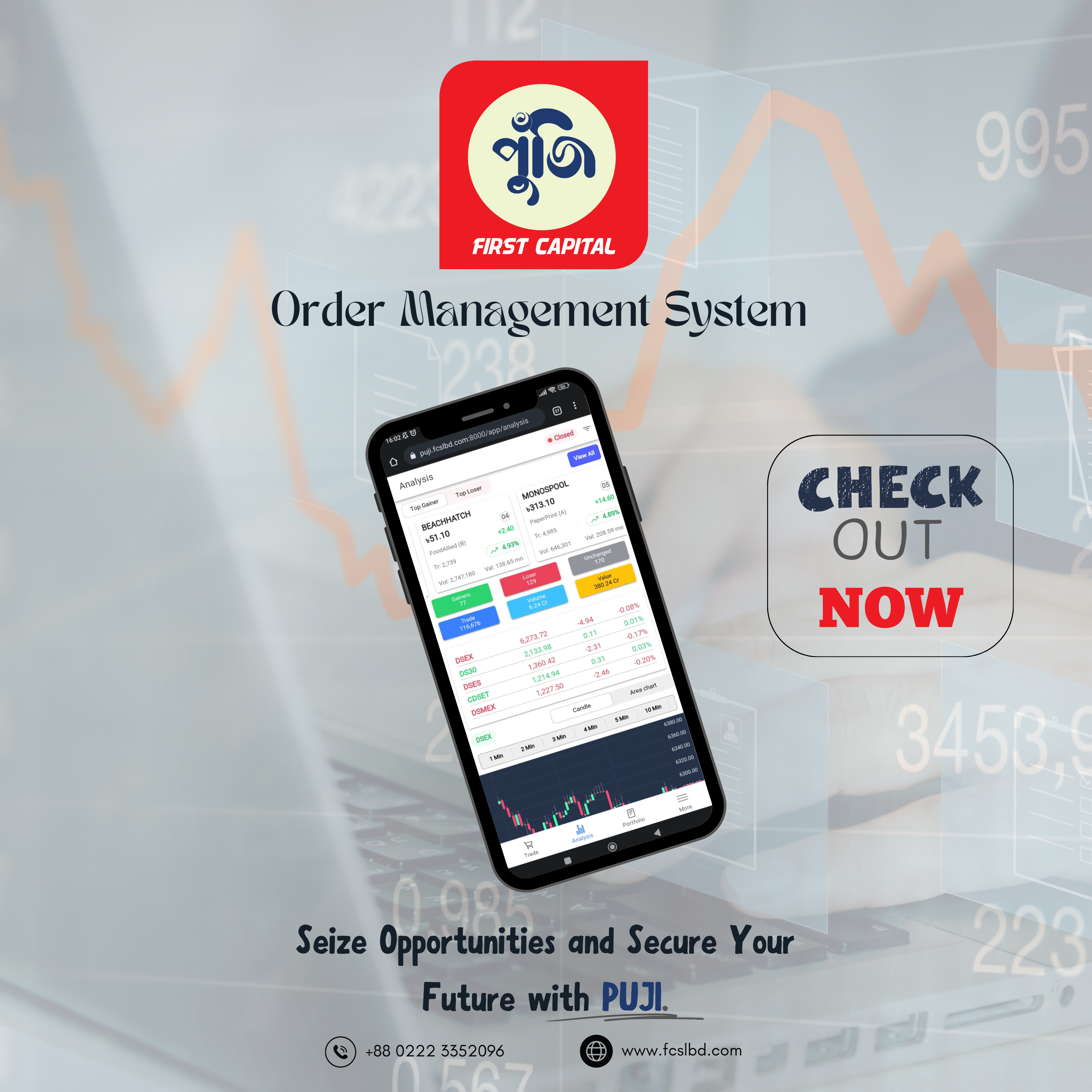Treasury yields are rising in Bangladesh. The rise in yield of short-term treasury securities is much more pronounced than the rise in yield of long-term treasury securities.
For instance, the yield of the 182-day T.Bill went up to 10.40% from 3.89% two years earlier. You can think of this yield as a return on treasury securities.
In the treasury market, the government issues treasury securities to borrow money from institutions, the general public, and sometimes the central bank. Against the borrowed money, the government provides a return on the money borrowed. It is called yield. You can also think of it as the interest rate on the bond or bill.
Through the example of the treasury market, let’s understand how interest rates are determined.
Think of treasury market as any commodity market.
So, how is the price of a commodity determined in a free market? The answer is supply and demand, right?
When demand for a commodity rises, keeping all other things constant, the price of that commodity increases.
When the supply of that commodity rises, keeping all the other things constant, the price of that commodity decreases. You know this quite intuitively.
Now, let’s look at the treasury securities market.
What is the commodity in a treasury market? Money is the commodity here. To be more clear, it is the use of money for a fixed period.
Who is on the demand side of this market? The government is on the demand side because it is borrowing. So, the government is demanding money. Then who is on the supply side? Financial institutions, private institutions, the general public who are willing to buy government treasuries, and the central bank when it is buying the securities by printing new money in the economy.
If money is the commodity here, what is the price of money. It is interest rate or return provided on the money borrowed by government and lent by institutions and public.
Now, let’s think of few situations.
Say the government presents a big expenditure plan for the new budget. It increases its borrowing to meet the expenditure. Liquidity (available money that is investable) in the financial institutions stays the same as previous year. The government increases its issuance of treasury securities for borrowing. So, demand has increased and supply has stayed the same. What is the most likely impact on the interest rate? It’s obvious, right? The interest rate should increase.
Let’s think of another situation. Government borrowing through treasury securities stays the same as before and liquidity in the financial institutions improves. What would happen to interest rate? You guessed it right. It should decline.
In this framework, you can draw multiple scenarios and think what should be the impact on interest rate.
Now, the question is why the treasury rates in Bangladesh are rising now.
Supply side: Think of the supply side. Liquidity in financial institutions is declining. There are mainly two reasons for that. Due to the lower inflow of foreign currency compared to the outflow, the central bank is selling foreign currency to commercial banks to keep the exchange rate relatively stable. When the central bank sells foreign currency (USD), it mops up the equivalent amount of domestic currency (BDT).
Also, deposit growth has been low compared to hsitorical averages which also puts a drag on liqudity of financial institutions.
The central bank bought treasury securities for some time to keep the interest rate at some level but in the last two and a half months they stopped buying, which also squeezed the supply of money in treasury market.
Here, the treasury market is different from any other commodity market. There is an authority who can supply unlimited amount of money (which is the commodity here) at will. But most central banks don’t do it because it will lead to hyperinflation. So, they take a measured approach to providing liquidity to the market. Recently, central bank of Bangladesh has decided that the will not provide liqudity by buying treasury securities for some time.
Demand Side: The government doesn’t only borrow through treasury securities. It also borrows a good amount from Sanchaypatra, another government-backed security. Sanchaypatra sales have also gone down significantly. So, the government now has to rely more on treasury.
Recent policy rate hike has also signaled to the market that the central bank is willing to let interest rates go up.
The combination of these factors has pushed up the treasury rates sharply in last few weeks.
source: linkedin.com
interest rates Bangladesh Treasury yields





